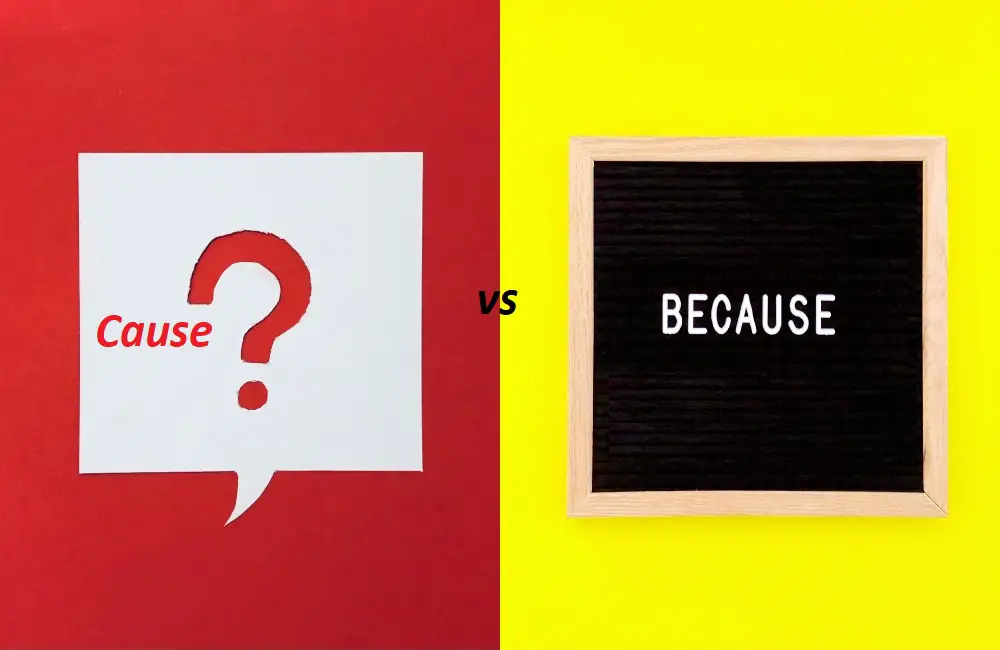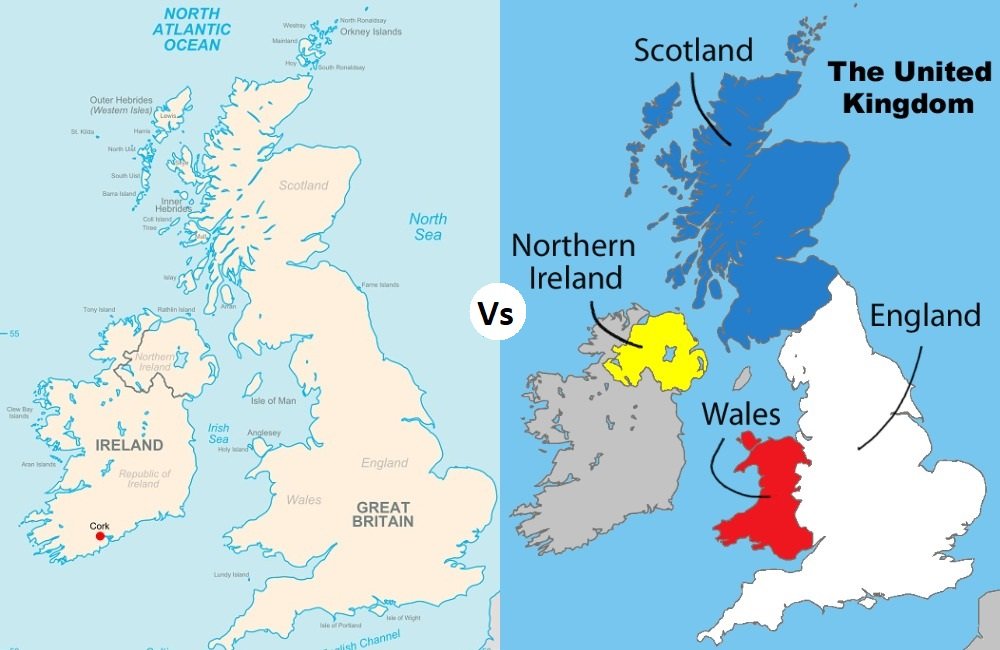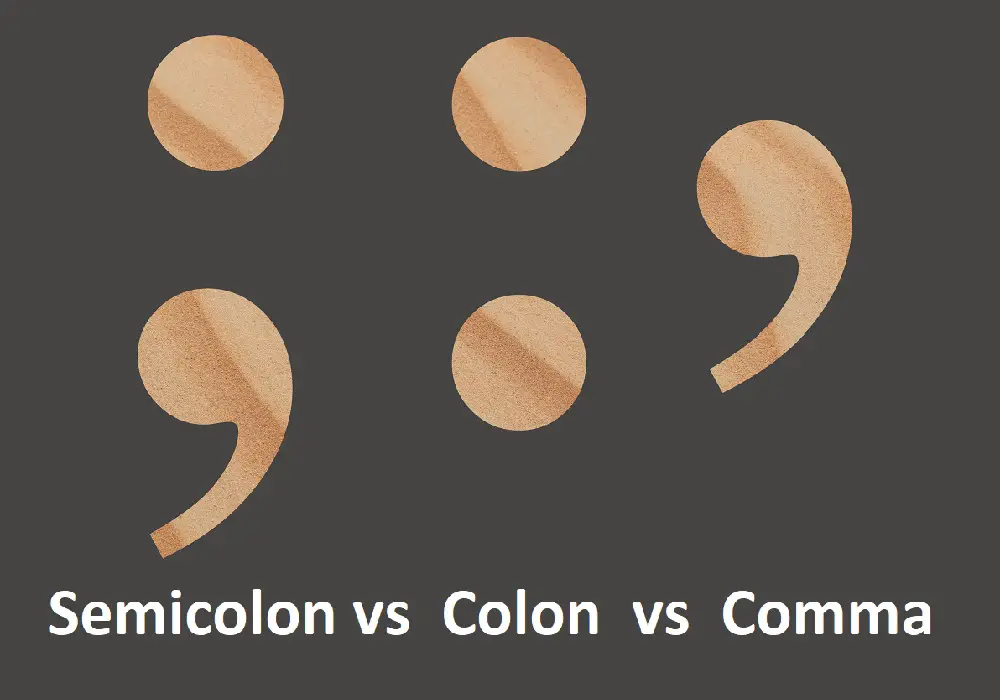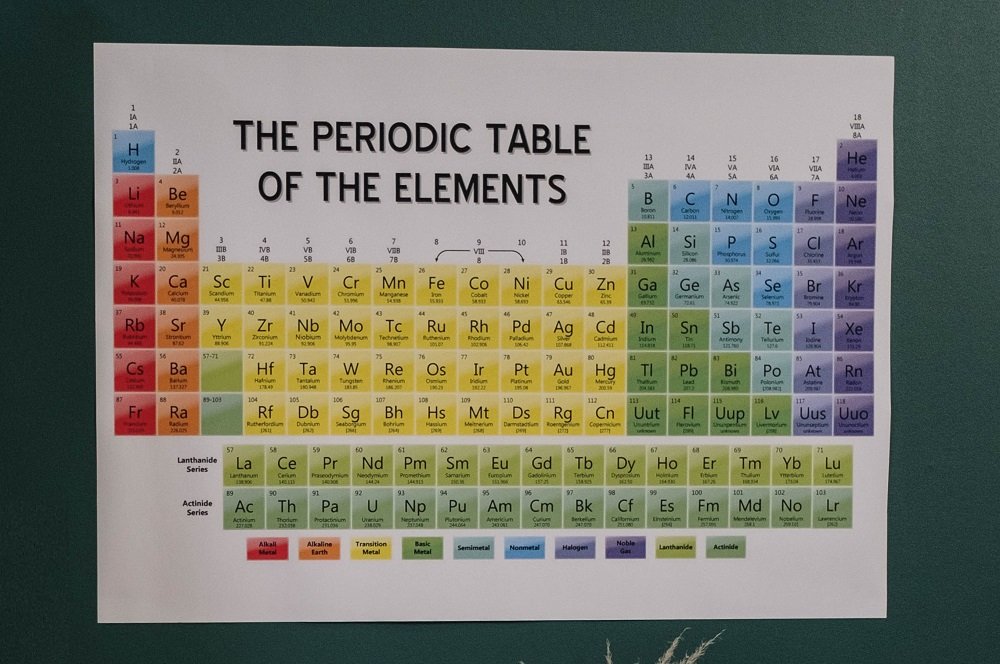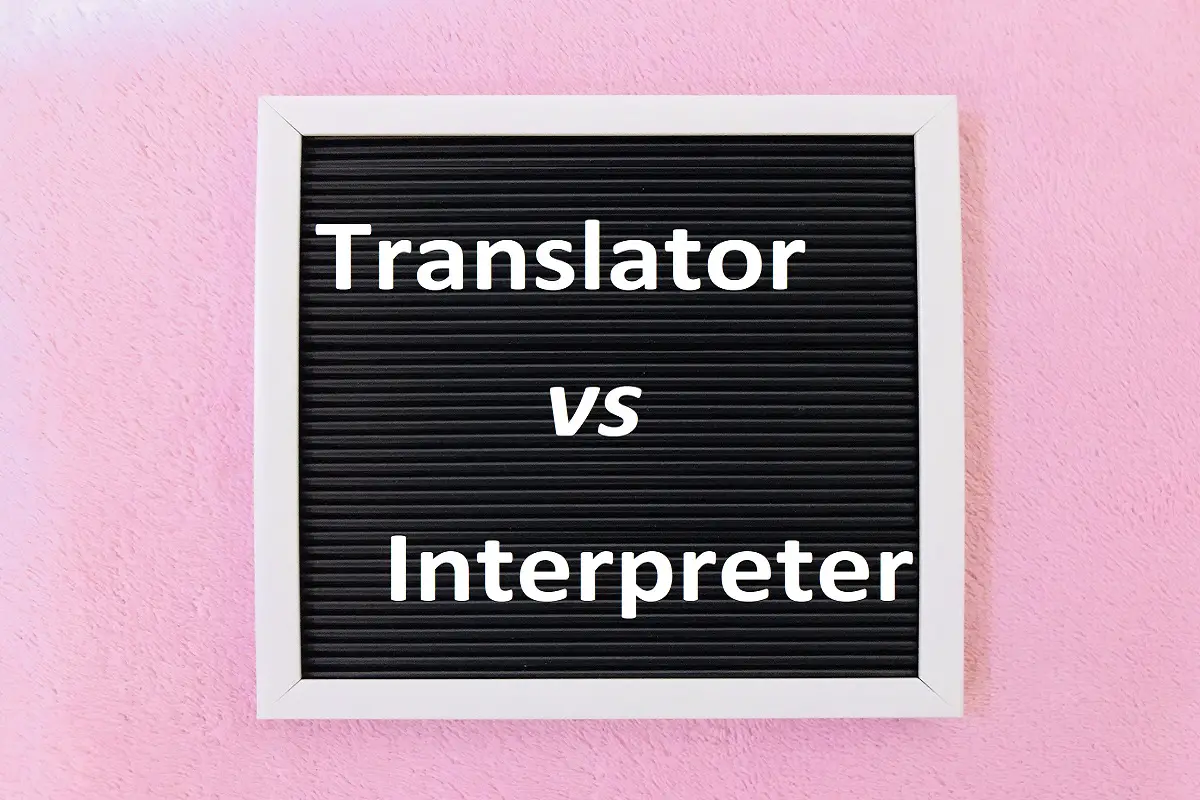Difference Between Cause and Because
Cause and because are two words that are almost always used interchangeably. And, to be clear, using them interchangeably is not wrong in most cases. However, they do have some differences, knowing which will help you perfect your grammar.
Let the debate of cause vs because commence!
What Is Cause?

‘Cause’ is a noun and verb. It is used to express the reason behind something. This word is mainly used in speech.
To exemplify, consider the sentence ‘Drunk driving was the cause of the car accident.’ Here, ‘cause’ explains the reason why the car accident has happened, which is drunk driving. In this sort of use, ‘because’ may or may not be able to replace the word.
One special use of ‘cause’ is explaining an event that results in another event. In this kind of use, ‘because’ cannot be used to replace ‘cause’.
An example of this would be ‘Chain smoking is a major cause of lung cancer.’ Here, ‘cause’ expresses the main reason why people get lung cancers, which is chain-smoking.
And, if you replace ‘cause’ with ‘because’ in this example, the sentence would not make any sense.
Another thing to look out for is the tense. ‘Cause’ is used when the present is being indicated. For example – ‘I am watching this movie cause the theater has nothing else showing.’ You can replace ‘cause’ here, of course, but it looks slightly off.
What Is Because?

‘Because’ is a conjunction and adverb. It is also widely used as a connector. This word is used for explaining something. It expresses “for the reason that.” ‘Because’ is used in both speech as well as writing.
Again, to exemplify, consider the sentence ‘I did the work because the teacher told me to.’ Here, the person in the sentence is saying why they did the work – for the reason that the teacher asked them to.
You may be noticing that the word ‘cause’ can easily replace the word ‘because’ in this example. Usually, most uses of ‘because’ can be replaced by ‘cause’ without losing the meaning of the sentence.
As for the tense, ‘because’ is used to indicate the past. In the same example that we used previously, if we change the event from a present occurrence to a past one, ‘because’ would be more appropriate – ‘I watched that movie because the theater had nothing else showing.’
Again, the ‘because’ in this sentence is replaceable, too, but it would sound awkward.
Key Differences Between Misconception and Misperception
Do I Have to Follow These Rules?
The truth is, these two words are pretty similar. Due to the exponential increase in informal English speaking, which was most likely corroborated by the extensive use of the internet, these words are used interchangeably nowadays.
Apart from the special use of ‘cause’ where it cannot be replaced, these two words convey the same meaning in every sentence. So, you can use either, provided that the word is conveying what you want it to convey properly, and you will be good to go.
Some Articles You Will Find Interesting:
- Key Differences Between Dual and Duel
- Breath Vs. Breathe: What Are The Main Differences?
- Debit vs. Credit: What are the Differences?
Cause Vs Because: A Comparison Table
In a nutshell, Cause explains an entity that brings forth something else. And Because explains the reason behind the actions we take. The former is used in the present, and the latter is used in the past.
To sum up everything we have discussed till now, we have created an easy to follow comparison chart for you –
|
Parameter of Comparison |
Cause |
Because |
|
Parts of Speech |
Noun and Verb |
Conjunction, Adverb, and Connector |
|
Meaning |
Explains the effect of something |
For the reason that |
|
Replaceability by the Other Word |
Not always |
In most cases |
|
Tense |
Present | Past |
| Common Usage | Speech |
Speech and Writings |
To Wrap up
By now, you know that the difference of cause vs because is very subtle. We hope this article has cleared the confusion.
Another thing before we part ways, because is sometimes shortened and written as ‘cause. When you add an apostrophe, understand that it is just an informal way of shortening ‘because.’
That’s all for today. Have a great day!
